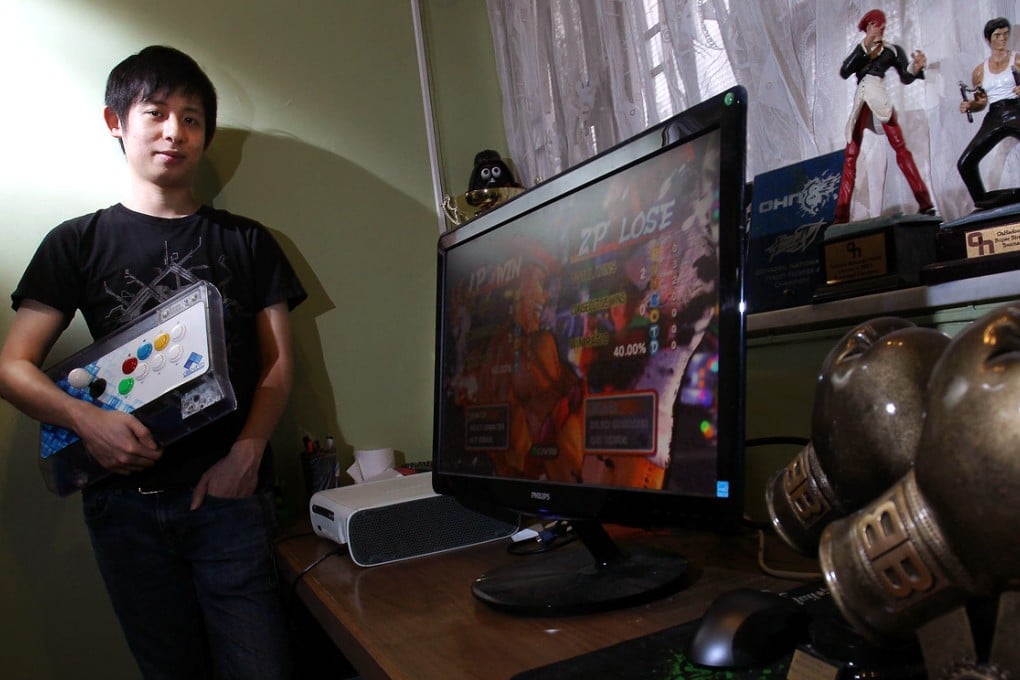Hong Kong gamers line up for rich pickings
Professional video gaming lucrative for local champions, but sceptical parents need convincing

It's not easy convincing a parent that playing video games can become a legitimate career. But e-sports, as it is called, is a growing global phenomenon, and a Hong Kong company is grooming local enthusiasts to compete on the world stage.
Derek Cheung, the 23-year-old CEO of Hong Kong Esports, embraces the challenge and, for the second year running, his company is hosting a contest to find the city's best players and show that it is possible to make a living from gaming. The 2nd Hong Kong Electronic Sports Tournament Grand Finals, which will take place at Kitec this weekend, has a prize pool of HK$1.5 million and is expected to attract about 3,000 spectators.
Cheung's company has a team of five players competing in the hugely popular game League of Legends, but he has bigger plans.
"For this market to flourish, we need a certain amount of money so star players can really make it their life," Cheung says. The money and viewers are certainly out there. Players on Hong Kong Esports' roster make HK$6,000 to HK$80,000 a month, depending on their exposure. Prizes can run to millions of dollars. A tournament for the online multiplayer game Dota 2 last month, for example, yielded a prize pool of US$5 million for the winning team.
A recent study by US research firm IHS found that viewers of e-sports spent 2.4 billion hours watching games last year, three times the amount of time people spent watching television. The firm estimates e-sports video will be worth US$300 million a year globally by 2018.
Also betting that the audience will continue to grow, Amazon this week announced a US$970 million purchase of Twitch - a site that allows users to watch other people playing video games. Illustrating just how big e-sports audiences can be, the October 2014 World Finals for the League of Legends championship will be held in South Korea's Sangam Stadium, which was a venue for the 2002 Fifa World Cup.